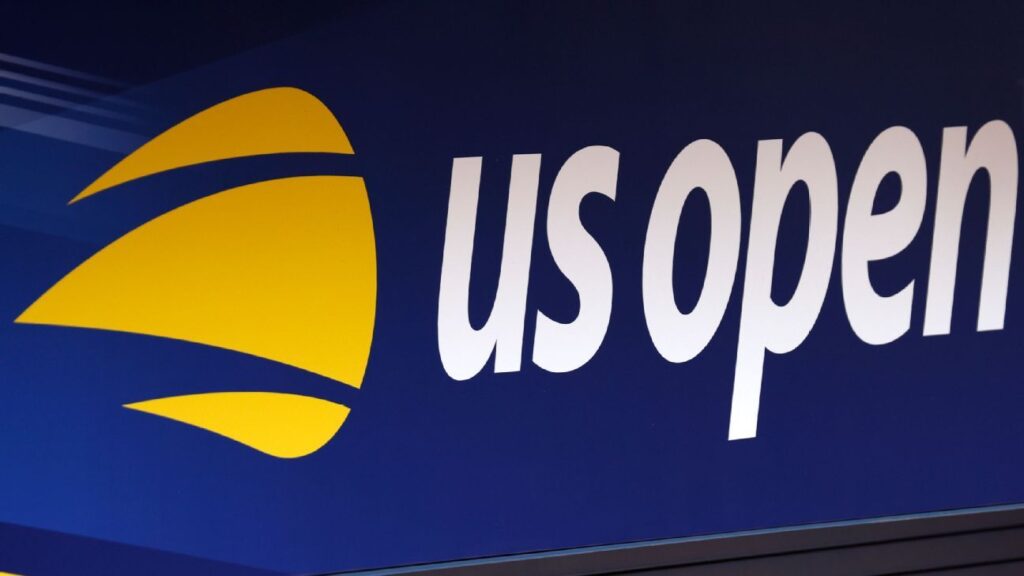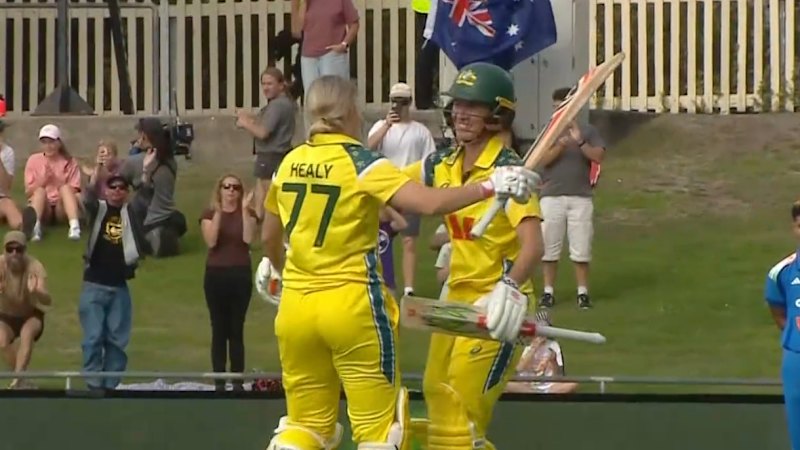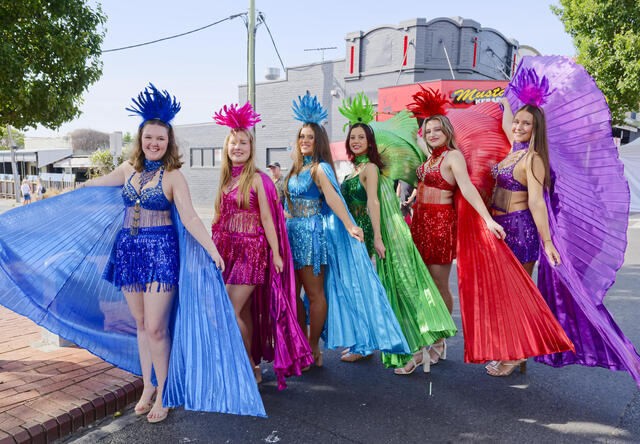
The 2023 US Open has sparked significant debate among players regarding its decision to commence the tournament on a Sunday, a departure from the traditional Monday start. This shift, which began with the French Open nearly two decades ago, has not received unanimous support from current competitors, despite the anticipation surrounding the event at Flushing Meadows.
One vocal critic is Jordan Thompson, an Australian player who has achieved a career-high ranking of No. 26 in singles. “I hate the Sunday start,” Thompson stated, emphasizing that tournaments typically conclude on Sundays rather than begin on them. “Pretty sure no player would like [it], particularly me.” On this opening day, Thompson was set to face Corentin Moutet as matches unfolded in New York.
Another prominent player, Jessica Pegula, the No. 4 seed and runner-up at the previous year’s US Open, shared her reservations about the scheduling change. “I’m not really a fan of it,” she remarked, acknowledging the financial motivations behind the decision. “They get to sell tickets for an extra day.” Pegula highlighted that this alteration complicates the tournament for players who participate in events leading up to the Grand Slam, making the competition “a little longer and a little harder.”
The move to a Sunday start aligns with similar changes made by the U.S. Tennis Association (USTA) and follows the French Tennis Federation’s transition to a Sunday kickoff in 2006, as well as the Australian Open’s recent adjustment for 2024. Notably, this leaves the Wimbledon Championships as the only major tournament that commences on a Monday.
Pegula, alongside 19 other players, previously signed a letter directed to Grand Slam organizers, urging for improved communication, better player welfare initiatives, and a fairer revenue distribution. “A lot of times, they ask for player feedback and when we do [respond], they don’t listen to anything we say,” she expressed.
As the tournament progresses, participants have also raised concerns about the increasing duration of non-Grand Slam tournaments, which now often extend beyond a week. Supporters of the longer format cite the associated rise in prize money, which at the US Open has reached a record $85 million, including $5 million awarded to each singles champion.
USTA spokesperson Brendan McIntyre defended the change, stating that adding a 15th day of singles competition enhances opportunities for fans to engage with the tournament, both in person and via television. “It provides more fans the opportunity to see main draw singles competition in person,” he noted.
Despite the financial incentives, players like Thompson, Frances Tiafoe, and Matteo Arnaldi have expressed misgivings about the impact of the new schedule on their performance. Tiafoe, seeded 17th, remarked on the peculiar nature of having extended breaks early in the tournament. “It’s a little weird to have two days off that early in a Slam,” he acknowledged, recognizing the financial rationale but questioning the practical implications for athletes.
As the US Open unfolds over the coming days, the debate surrounding its Sunday start is likely to continue, reflecting broader tensions between tournament organizers and players. With high stakes and significant financial backing, the event remains a focal point in the tennis calendar, but how it evolves in response to player feedback will be closely monitored by all involved.






